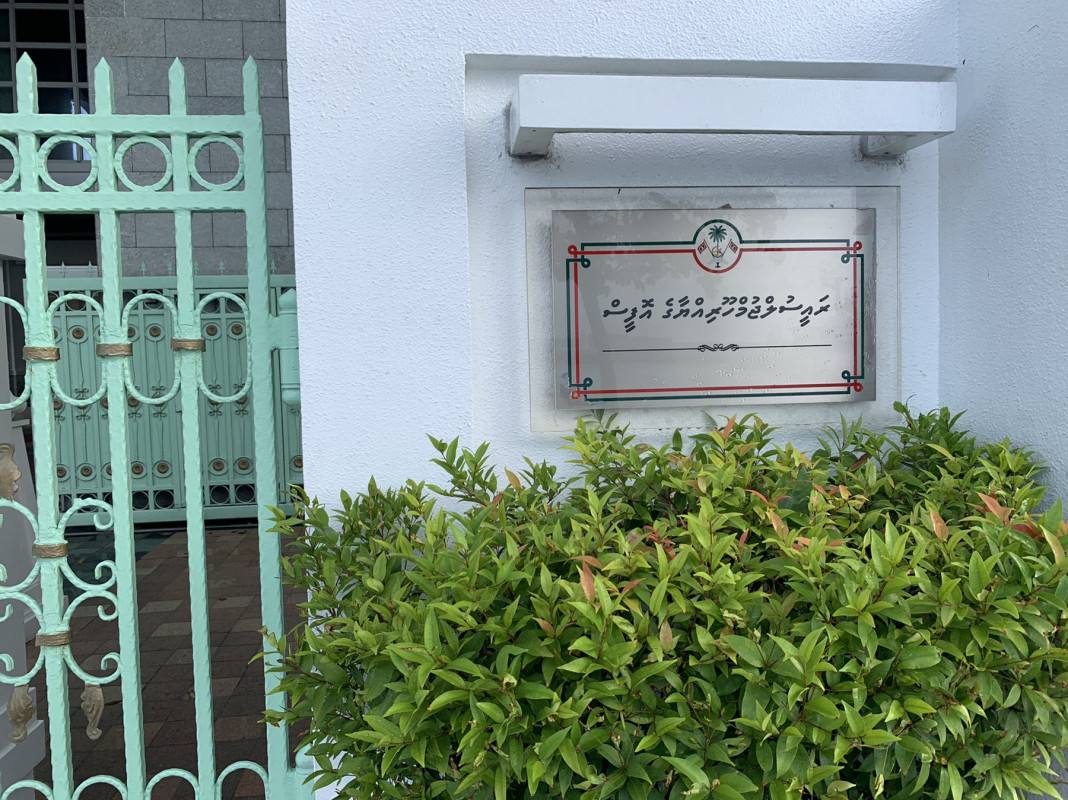Case against JP leader Qasim is void: Lawyer
After being arrested on April 6, Qasim was released on Wednesday under a High Court order


Qasim's defence lawyer Hisaan Hussain
Defence lawyer of Jumhooree Party (JP), Hisaan Hussain has said that the trial against her client, which is to start today, ‘will be unlawful’.
She made the comment while speaking at an opposition gathering held at Maafannu Kunooz on Wednesday night.
Noting that practicing law in the Maldives, as well as being a politician ‘is a tough grind’, Hisaan said that she remains steadfast in her work ‘because there is hope’.
Hisaan said that Wednesdays’ High Court ruling, ordering Qasim’s immediate release, ‘brought hope that Maldives courts can be just in making decisions’.
However, she noted that the High Court ruling could be ‘part of their drama’, but that the ruling has brought hope to the people, adding that it is a sign that they will be victorious in their work.
Noting that the High Court ruling noted that Maldives Police Service (MPS) had acted against its jurisdiction in requesting the Criminal Court to issue an warrant for Qasim’s arrest, Hisaan emphasized that ‘hence, everything that followed, including the evidence collected during his arrest are void’.
Furthermore, Hisaan highlighted that Qasim’s trial, scheduled to begin on Thursday (April 13), ‘is lawful’.
Three charges were levied against Qasim on Wednesday; bribery, abuse of power and influencing voters. He was released from police custody on Wednesday as ordered by the High Court, after being arrested on April 6.
The High Court ruling noted that according to Parliament Privileges Act, a parliamentarian can only be arrested in relation to on ongoing criminal prosecution at the behest of the Prosecutor General’s Office at a superior court.






